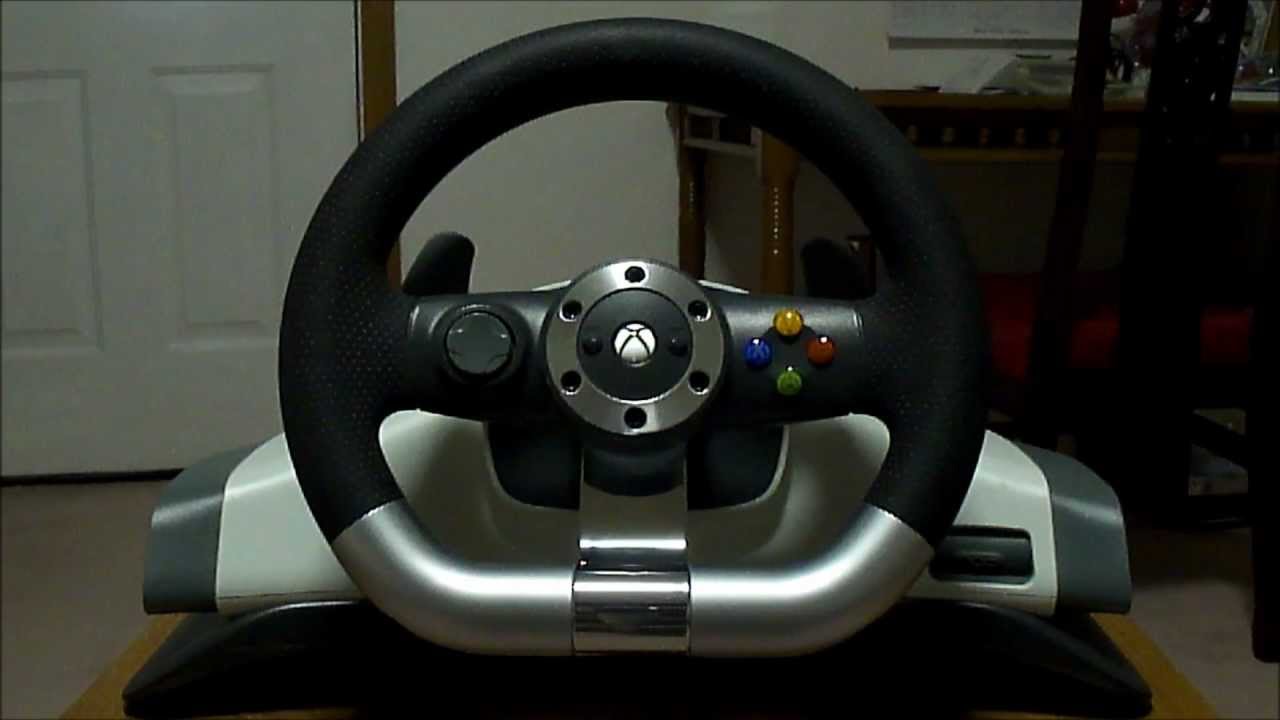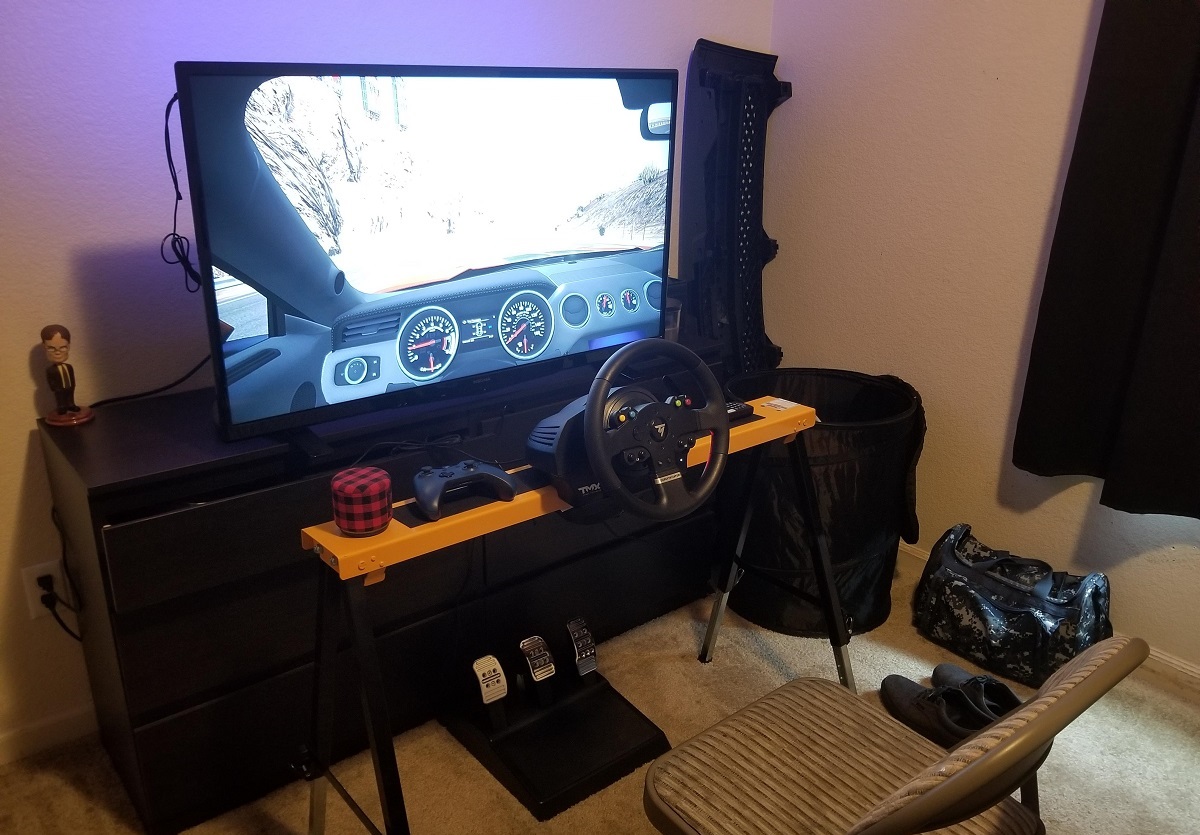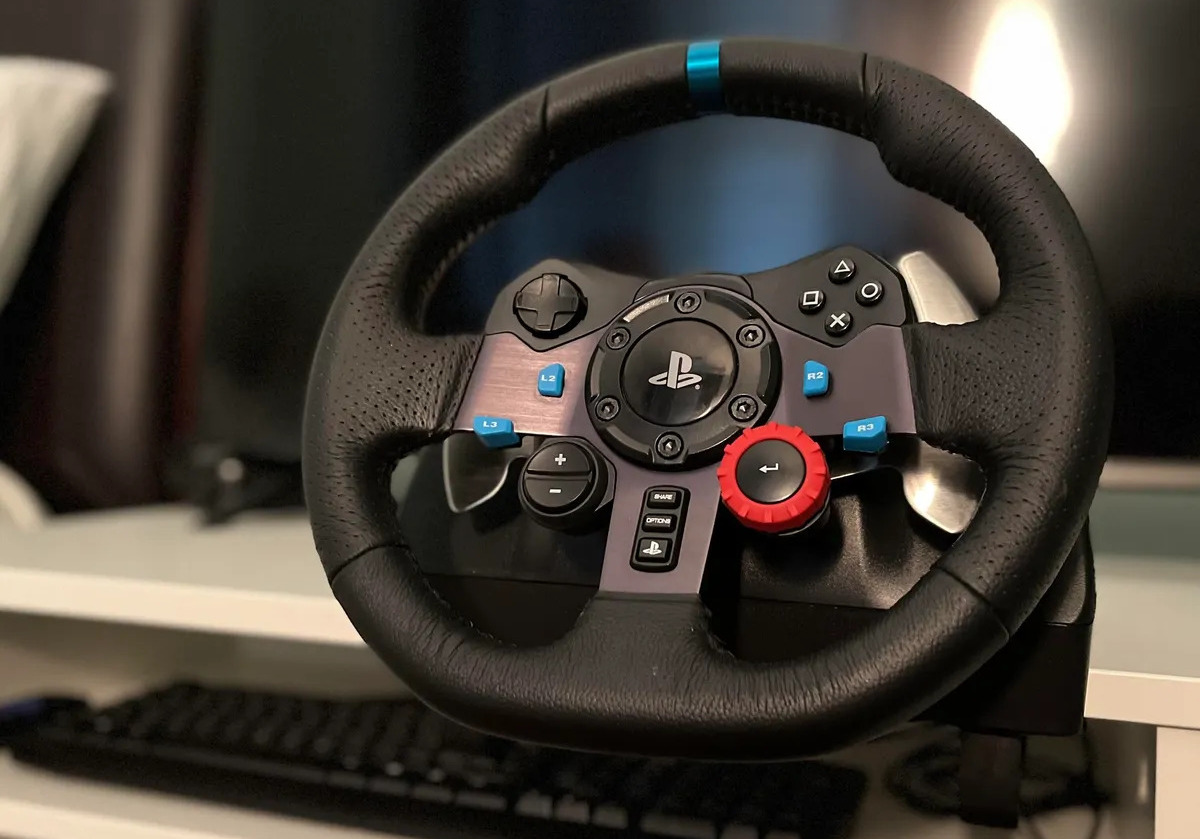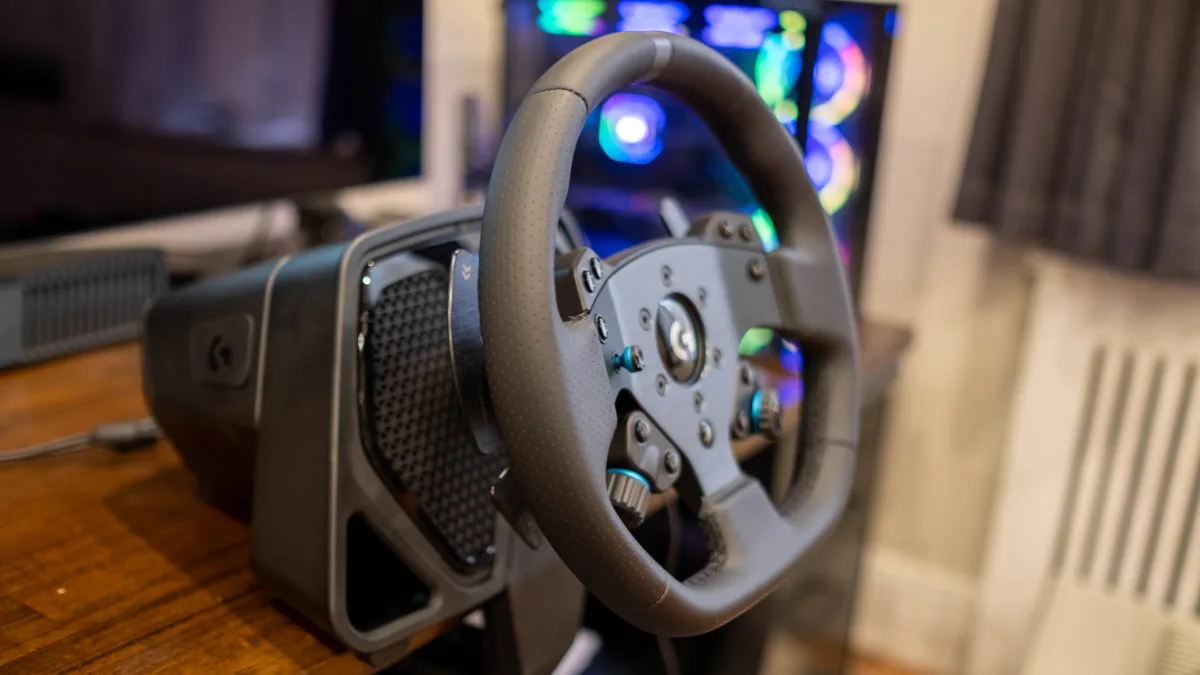Introduction
Racing wheels are a critical component of a racing car, providing drivers with precise control and feedback essential for competitive performance. However, the cost of these wheels often raises eyebrows, leaving many to wonder why they come with such a hefty price tag. Understanding the factors that contribute to the high cost of racing wheels can shed light on the intricacies of their design, production, and performance.
The price of racing wheels is influenced by a multitude of factors, including the use of high-quality materials, advanced engineering and technology, extensive research and development, customization options, rigorous performance testing, brand and licensing fees, and limited production runs. Each of these elements contributes to the overall cost, reflecting the uncompromising standards and innovation that define the world of professional racing.
In this article, we will delve into the various reasons why racing wheels command a premium price, exploring the intricate details and craftsmanship that elevate them to the pinnacle of performance and reliability. By uncovering the underlying factors driving their cost, we can gain a deeper appreciation for the precision and excellence that define these essential components of the racing world.
Quality Materials and Construction
Racing wheels are crafted with an uncompromising commitment to quality, utilizing premium materials and precision construction techniques. The use of high-grade alloys, such as aluminum and carbon fiber, ensures exceptional strength, lightweight properties, and resilience to the extreme forces experienced during racing. These materials are meticulously selected for their superior performance characteristics, allowing racing wheels to withstand the rigors of high-speed competition while maintaining optimal responsiveness and durability.
Furthermore, the construction of racing wheels involves advanced manufacturing processes that prioritize structural integrity and precision. CNC machining, forging, and advanced composite layup techniques are employed to create intricate wheel designs that optimize strength-to-weight ratios and enhance aerodynamic efficiency. The intricate interplay of materials and construction techniques results in wheels that exhibit unparalleled stiffness, impact resistance, and heat dissipation capabilities, essential for withstanding the demands of competitive racing environments.
The attention to detail in materials selection and construction not only ensures the exceptional performance of racing wheels but also contributes significantly to their cost. The use of premium materials and sophisticated manufacturing methods underscores the uncompromising pursuit of excellence that defines the world of professional racing, elevating racing wheels to the pinnacle of engineering and craftsmanship.
Precision Engineering and Technology
Racing wheels epitomize the fusion of advanced engineering and cutting-edge technology, incorporating a myriad of design innovations and performance-enhancing features. The intricate process of engineering racing wheels involves the utilization of state-of-the-art CAD software and finite element analysis to optimize structural integrity, weight distribution, and aerodynamic efficiency. Every aspect of the wheel’s design, from the spoke geometry to the rim profile, is meticulously refined to achieve the perfect balance of strength, agility, and responsiveness.
Moreover, the integration of advanced technology extends to the manufacturing phase, where computer-controlled machining and automated quality control systems ensure unparalleled precision and consistency. This meticulous approach to production minimizes tolerances and imperfections, resulting in racing wheels that exhibit exceptional uniformity and reliability, crucial for delivering consistent performance on the track.
The incorporation of advanced materials, such as carbon fiber composites and aerospace-grade alloys, further underscores the technological prowess behind racing wheels. These materials are not only lightweight and robust but also allow for intricate designs that optimize airflow and minimize rotational inertia, enhancing the overall performance and handling characteristics of the wheels.
The relentless pursuit of engineering excellence and the integration of cutting-edge technology contribute significantly to the cost of racing wheels. The investment in advanced design tools, precision manufacturing equipment, and innovative materials reflects the unwavering commitment to pushing the boundaries of performance and setting new standards in the realm of motorsport.
Research and Development Costs
The development of racing wheels entails extensive research and iterative testing to refine their design, performance, and reliability. Engineers and designers invest significant resources in exploring novel materials, refining aerodynamic profiles, and enhancing structural integrity to create wheels that deliver uncompromising performance in the demanding environment of competitive racing.
Research and development efforts encompass a wide array of disciplines, ranging from materials science and aerodynamics to structural engineering and computational modeling. The quest for innovation drives the exploration of advanced composites, novel manufacturing techniques, and cutting-edge technologies, all aimed at pushing the boundaries of performance and durability.
Iterative testing and validation play a pivotal role in the development process, with extensive simulations and real-world trials assessing the wheels’ performance under extreme conditions. This rigorous testing ensures that racing wheels not only meet but exceed the stringent demands of professional racing, providing drivers with the confidence to push the limits of speed and precision on the track.
The substantial investment in research and development, coupled with the utilization of specialized expertise and state-of-the-art testing facilities, contributes significantly to the overall cost of racing wheels. However, it is this dedication to innovation and continuous improvement that elevates racing wheels to the forefront of performance engineering, setting new benchmarks for excellence in the world of motorsport.
Customization and Personalization Options
Racing wheels often offer a myriad of customization and personalization options, catering to the unique preferences and requirements of professional drivers and racing teams. From bespoke color schemes and custom finishes to personalized grip textures and ergonomic modifications, the ability to tailor racing wheels to individual specifications adds a layer of exclusivity and performance optimization that contributes to their overall cost.
Customization extends beyond aesthetics, encompassing ergonomic adjustments tailored to the driver’s preferences and driving style. Features such as adjustable paddle positions, interchangeable grips, and programmable button layouts allow drivers to fine-tune the wheel to their exact specifications, providing a seamless and intuitive interface for precise control during high-stakes races.
Furthermore, the integration of advanced telemetry and data logging capabilities within racing wheels enables real-time performance monitoring and customization of force feedback settings. This level of technological sophistication empowers drivers and engineers to analyze and optimize the wheel’s response characteristics, ensuring optimal performance and handling tailored to specific track conditions and driving scenarios.
While the inclusion of extensive customization and personalization options adds to the overall cost of racing wheels, it reflects a commitment to meeting the diverse needs of professional drivers and teams. The ability to tailor every aspect of the wheel to individual preferences underscores the pursuit of excellence and the relentless dedication to providing a competitive edge in the fast-paced world of motorsport.
Performance and Durability Testing
The rigorous testing regimen endured by racing wheels is a testament to the uncompromising standards of performance and durability demanded in professional motorsport. Before a wheel is deemed race-ready, it undergoes a battery of tests designed to evaluate its structural integrity, fatigue resistance, thermal stability, and overall performance under extreme operating conditions.
Durability testing involves subjecting the wheels to simulated race scenarios, including high-speed cornering, rapid acceleration and deceleration, and sustained exposure to elevated temperatures. These tests ensure that the wheels can withstand the punishing forces encountered on the track without compromising their structural integrity or performance characteristics.
Performance testing encompasses a spectrum of assessments, ranging from dynamic load testing to vibration analysis and computational fluid dynamics simulations. These evaluations aim to optimize the wheel’s aerodynamic efficiency, mechanical responsiveness, and heat dissipation capabilities, ensuring that it delivers uncompromising performance in the demanding environment of competitive racing.
The meticulous attention to performance and durability testing not only validates the reliability and resilience of racing wheels but also contributes significantly to their cost. The investment in advanced testing facilities, specialized equipment, and expert engineering talent underscores the unwavering commitment to delivering wheels that exceed the highest standards of performance and safety in professional motorsport.
Brand and Licensing Fees
The association of racing wheels with renowned brands and iconic racing teams often entails substantial brand and licensing fees, which are reflected in the overall cost of these precision-engineered components. Collaborations between wheel manufacturers and prominent racing entities result in the incorporation of team logos, signature color schemes, and proprietary technologies, adding a layer of exclusivity and prestige to the wheels.
Furthermore, the utilization of intellectual property, such as patented design features and proprietary materials, may necessitate licensing agreements and royalty payments, contributing to the overall cost of manufacturing and marketing racing wheels. These intellectual property rights ensure that the innovative technologies and design elements integrated into the wheels are protected and acknowledged, further elevating their value and market appeal.
The affiliation with esteemed racing teams and the utilization of proprietary technologies not only enhance the desirability of racing wheels but also contribute to their elevated cost. The investment in brand association and licensing agreements underscores the commitment to delivering wheels that embody the heritage, performance, and innovation synonymous with the world of professional motorsport.
Limited Production and Exclusivity
Racing wheels are often produced in limited quantities, adding an element of exclusivity and prestige to their allure. The meticulous craftsmanship and advanced engineering employed in their production, coupled with the integration of bespoke features and customization options, result in wheels that are highly sought after by discerning drivers and racing enthusiasts.
The limited production runs of racing wheels not only enhance their desirability but also contribute to their elevated cost. The specialized expertise, precision manufacturing processes, and stringent quality control measures inherent in their production necessitate a focused and deliberate approach, resulting in a restricted supply that amplifies their exclusivity.
Furthermore, the exclusivity of racing wheels is often underscored by their association with iconic racing teams and championship-winning drivers. The commemorative editions and signature series wheels that honor these partnerships embody the rich heritage and performance legacy of motorsport, elevating their appeal to collectors and aficionados who seek to own a piece of racing history.
The combination of limited production and exclusivity not only reflects the uncompromising standards and precision engineering behind racing wheels but also contributes to their premium cost. The allure of owning a meticulously crafted, limited-edition racing wheel that embodies the spirit of competition and innovation is a testament to the enduring appeal and value of these exceptional components in the world of professional motorsport.

























